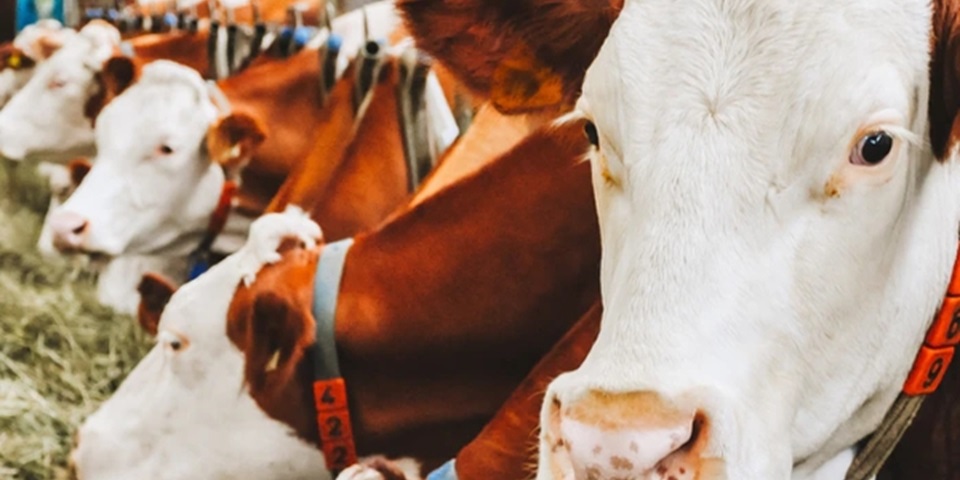Precision approach boosts meat industry

Australian abattoirs are adopting new technology developed by Murdoch researchers that accurately measures carcase lean meat yield, driving significant benefits right through the supply chain.
What was the need for this project?
Carcases with greater amounts of saleable meat are more valuable, while overfat carcases cost farmers in wasted nutrition and are more labour-intensive for abattoirs to process
This has led a shift to value-based pricing of sheep carcases, which is estimated to return a gross value of up to $420 million annually to the industry by 2035.
How the project was completed
Associate Professor Graham Gardner analysed traditional methods of assessing the meat yield of livestock and found that accuracy varied from 10 percent to 80 percent.
This inaccuracy led him to develop dual energy x-ray absorptiometry (DEXA) technology that provides timely, accurate and objective information on the composition of beef and lamb carcases.
The DEXA system can determine how much bone, muscle and fat is in a sheep or beef carcase, allowing processors to measure the amount of saleable meat in a carcase and therefore its value in the market.
Results and achievements for this project
DEXA technology can accurately measure beef and differentiate meat from fat and bone with excellent precision, essential for an efficient value-based pricing market.
The DEXA system also provides farmers with analytics to gain a deeper understanding of which diet and genetic selection will yield the highest quality meat from their livestock.
As the system is fully rolled out, Australia will set new standards that the international meat industry will follow.